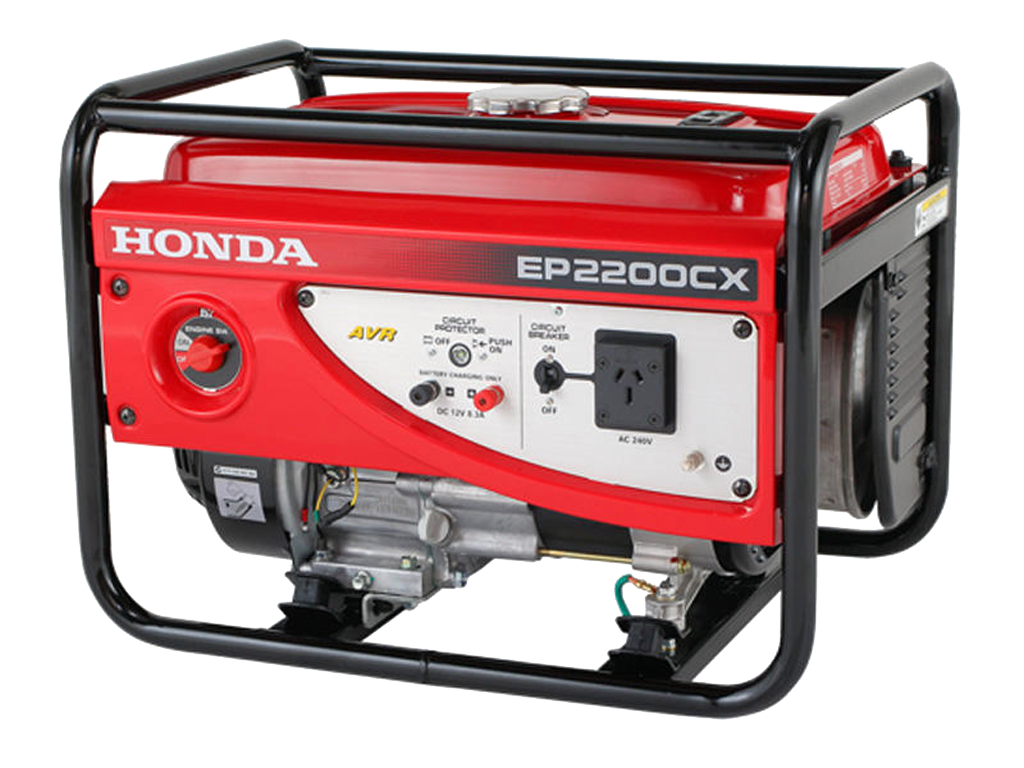The Importance of Generator Safety

One of the greatest conveniences of our modern life is electricity. Electricity flows through the overhead or underground wires just about all the time. We take for grant electric power will always be there when we need it. As much as we would like that to be true, there are times the power does go off.
Over the years the portable electric generator has become more and more popular. Generators keep your food cold, help you milk your cows or provide lighting and heat to your home. Generators improve the quality of life during an extended power outage.
For all the good generators do, they can also be deadly. Proper installation is required to prevent injuries or dead. A licensed electrician should wire and connect home-use generators. Do not connect the generator directly into your home’s electrical system through a receptacle outlet. Before using a portable generator, you must disconnect your home’s electric wiring from the power grid. Otherwise, power from the generator can go out over the utility lines, endangering the lives of the linemen making the repairs.
Since generators are so popular, the industry is now manufacturing a Whisper Generator. These generators make little or relatively no noise. No loud noise while you are trying to sleep that’s great, right? Yes, it is great if your generator is installed correctly.
Recently, one of our sister cooperatives in Pennsylvania almost lost one of their linemen at a home that was running an incorrectly installed “whisper” generator after a storm had knocked the power out. The lineman and his crew followed every safety procedure. All was deemed safe to proceed with the restoration. When he reached around the utility pole, he came in contact with what was supposed to be a dead transformer and was severely hurt.
The crew soon discovered that the home owner had hooked a portable whisper generator directly into the panel box which then backfed onto the power lines. Not only was the generator not hooked up properly, there was no sound or other external sign to warn the linemen that a generator was running.
Fortunately, this lineman will make a full recovery. However, the accident should never have happened. There are very simple yet important guidelines to follow when installing any type of generator.
Below are a few suggestions for making your generator safe:
- Read and follow all manufacturer operating instructions to properly ground the generator. Be sure you understand them before starting it up.
- Standby generators should have a transfer safety switch installed by a licensed electrician. Portable generators should never be plugged directly into a home outlet or electrical system—use an extension cord to plug appliances into an outlet on the generator.
- Never operate a generator in a confined area, such as a garage. Generators produce gases, including deadly carbon monoxide. They require proper ventilation.
- Generators pose electrical risks, especially when operated in wet conditions. Use a generator only when necessary when the weather creates wet or moist conditions. Protect the generator by operating it under an open, canopy-like structure on a dry surface where water cannot form puddles or drain under it. Always ensure that your hands are dry before touching the generator.
- When you refuel the generator, make sure the engine is cool to prevent a fire, should the tank overflow.
- There should be nothing plugged into the generator when you turn it on. This prevents a surge from damaging your generator and appliances.
- Be sure to keep children and pets away from the generator, which could burn them.
For more safety information on the use of portable and standby generators and safety after a storm, go to SafeElectricity.org.
